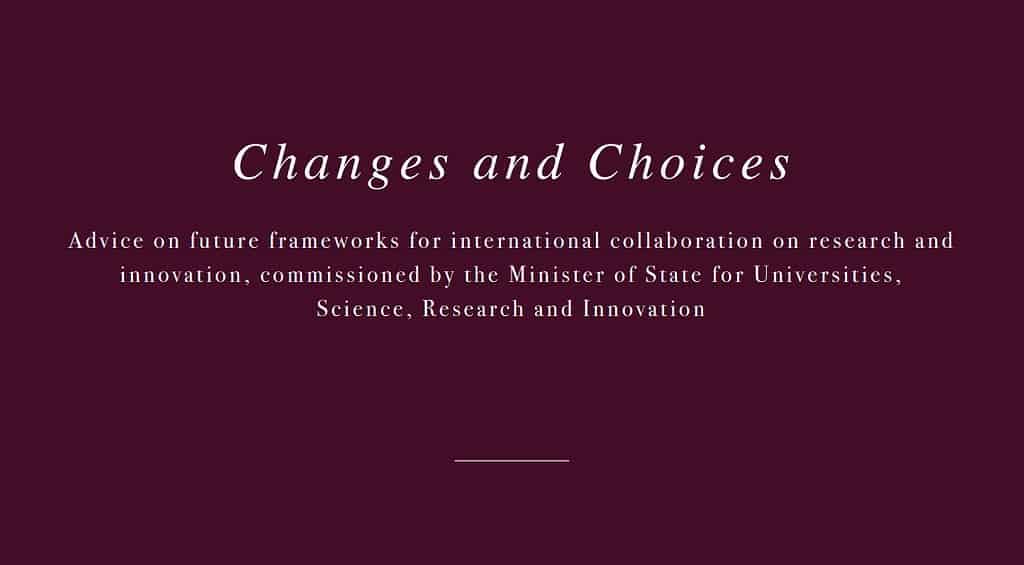Professor Dame Wendy Hall talks about the importance of collaborative research and ponders an uncertain technological future
The value of interdisciplinary research
01 Dec 2016
Thirty years ago I had just started a lectureship in the then fledgling computer science department at Southampton. My PhD was in Pure Mathematics but after a few years teaching mathematics I had become interested in the new personal computers that were just hitting the market, particularly how they might be used in education. In 1986, I saw video on a computer for the first time played from a laser videodisc player – there was no digital anything in those days – and I went to a multimedia conference at MIT and heard about hypermedia for the first time. Thus began my life long passion for building and using hypermedia systems to help people access information. It was also the beginning of my interest in interdisciplinary research because we had to work with experts in other disciplines to evaluate how the systems we were building could be used to help them do their research.
Thirty years later the Web has become the ubiquitous global hypermedia system, the social networks that it spawned dominate our lives in ways we never imagined and I can view digital video on my smart phone as I walk down the street. When I started my career this was science fiction. Progress has been amazing – much of it driven by the technological innovation that emerges initially from university research labs and is taken forward by the huge global companies such as Apple, Google, Facebook, Amazon, Samsung and Alibaba that have evolved as part of the new digital ecosystem (to name but a few).
Ten years ago we founded the new research discipline of Web Science. Our thesis is that because the Web is co-constituted by people and machines – we create the content and the machines do the administration – it’s evolution, and the evolution of everything built using it can only be studied from an interdisciplinary, socio-technical perspective. The digital ecosystem is a completely new phenomenon that we don’t understand. In a few short years, it has come to dominate almost every aspect of our lives and with the coming Internet of Things and the increasing use of AI to build the systems that power it, the rate of change is only going to increase.
But looking into the future, nothing is certain. The Internet is vulnerable and it’s future as an open and free development space that enables global innovation and equality of access is by no means certain. The pressures – cyber crime, cyber security, commercial and geopolitical – have never been greater and make the issues of internet governance and global name spaces one of the most pressing issues facing the international community. We talk of smart cities and smart transport but these are being built using dumb devices with major security flaws and we have nightmare visions of our world being dominated by machines and algorithms over which we have little control. We are totally dependent on the Internet for access to information and have lost the industries that provided that information in pre-Internet days. If our power supplies go we are lost – literally when the GPS systems fail. Democracy is threatened because of the rapid proliferation of fake news and social media trolls and bots. Our privacy is threatened as we loose control of who is allowed to do what with our personal data. Fog is obscuring the clouds and a multi-Internet future is a definite possibility.
What does all this mean for the future of humanity? In thirty years time there may be no Internet as we know it today. There is an urgent need for researchers, business leaders and governments to work together to ensure the way the digital ecosystem evolves is good for society. As we develop the technology that will enable billions of devices to communicate and as a result control our lives we must be cognisant of what society wants and needs from such systems. This means we must foster and promote interdisciplinary research but our research management systems (peer review mechanisms, research funding agencies, university management structures) have to adapt to this necessity and support interdisciplinary research in meaningful ways. This is true in so many areas of research into the grand challenges that face society today such as climate change, energy provision, food security, aging societies, and pandemics. Interdisciplinary research should be the research for which the greatest prizes and awards are given and not just an aspiration that exists at the margins of how we judge scientists and engineers.
1) Berners-Lee, Tim, Hall, Wendy, Hendler, James, Shadbolt, Nigel and Weitzner, Danny ) Creating a Science of the Web. Science, 313, (5788), 769-771
Related articles

The Physiological Society’s policy team on the health challenges facing older workers and the urgent need to develop a strategy to ensure older people are happy and healthy at work.

Jo Reynolds, Director of Science and Communities at the Royal Society of Chemistry, on the RSC’s new summary report looking to unlock the potential of deep tech SMEs.

Lisa Morrison Coulthard, Research Director at the National Foundation for Education Research, on the Nuffield Foundation funded five year research programme providing insights into the essential employment skills needed for the future workforce

Sir Adrian Smith, Institute Director and Chief Executive of The Alan Turing Institute, and Graeme Reid, Professor of Science and Research Policy at UCL, set out the findings from their new independent report on international partnership opportunities for UK research and innovation